Why Gyms Won’t Save You from Heart Disease in Your 30s: The Hard Truth You Need to Hear
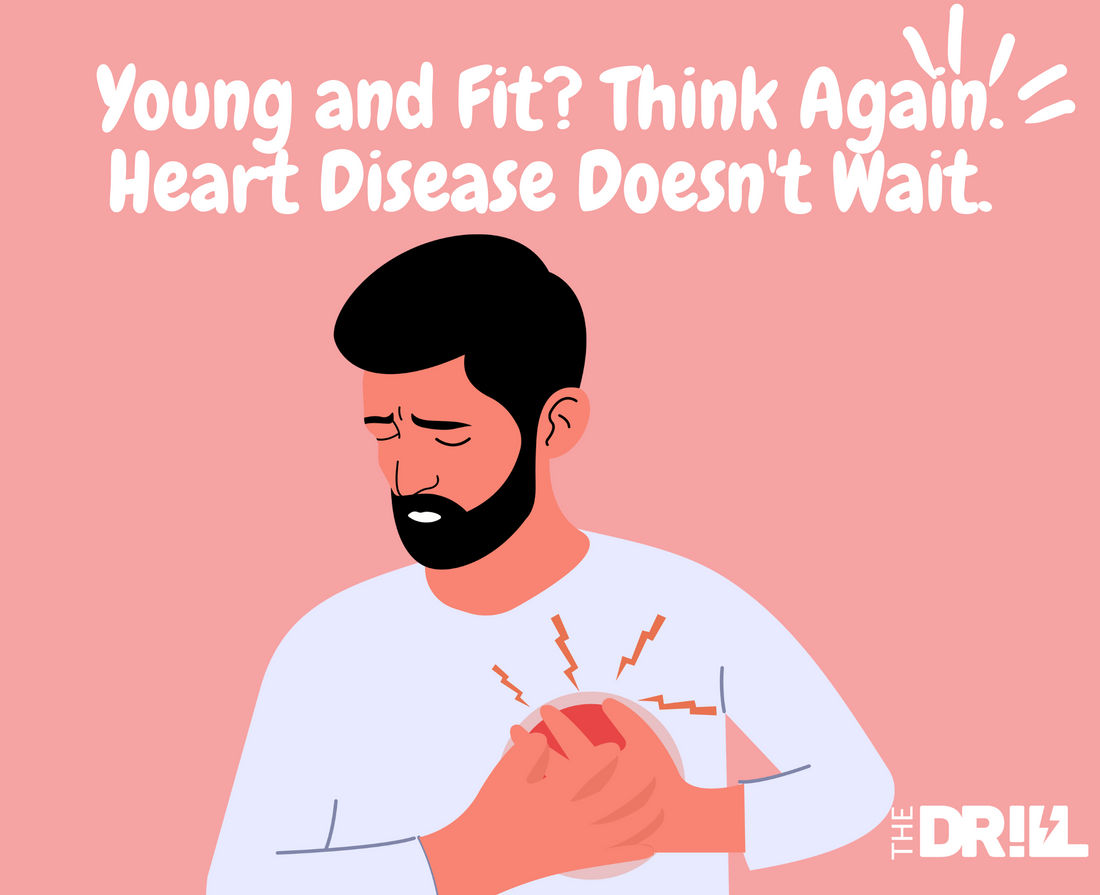
Share
Hitting the gym feels like a badge of honor, doesn’t it? You sweat it out, and you’re convinced you’re invincible. But here’s the truth bomb: the gym alone won’t save you from heart disease in your 30s. If your lifestyle is out of whack—think junk food, stress, and Netflix marathons—your heart’s silently paying the price.
Heart disease isn’t waiting for your 50s anymore. It’s creeping into your 30s, and it’s time we stopped pretending that just lifting weights will protect us. Let’s break it down.
The Sneaky Culprits Behind Heart Disease
The gym is part of the solution, not the whole story. Heart health is a team effort—your diet, sleep, stress, and yes, those long hours on the couch, all play a role.
In India, heart disease rates among the young are skyrocketing. Genetics might have a hand in it, but lifestyle choices are the real game-changer.
1. Your Diet: Deliciously Dangerous
Let’s get real—our love for buttery parathas and deep-fried samosas might taste like heaven, but it’s doing a number on our hearts. Diets packed with refined sugars, trans fats, and sodium lead to inflammation and cholesterol buildup. These are VIPs in the guest list for heart disease.
Studies reveal diets high in trans fats boost bad cholesterol (LDL), shrink good cholesterol (HDL), and clog arteries faster than you can say “extra butter naan.”
If you’re living off sugary snacks, fried street food, or anything labeled “instant,” your gym efforts are being cancelled out.
2. Stress: The Silent Heart Killer
Stress isn’t just a buzzword—it’s a legit heart hazard. Work deadlines, family drama, and endless WhatsApp notifications keep your body on high alert.
⚠️ Chronic stress spikes blood pressure, ramps up inflammation, and throws your heart rate into chaos.
No, an extra set of bench presses won’t fix this. Managing stress means slowing down—whether it’s yoga, journaling, or a 10-minute meditation. Your heart needs a breather, not a burpee.
3. Lack of Sleep: A Heart's Worst Nightmare
We all love a late-night scroll through Instagram or Netflix, but sleep deprivation is a serious threat to your heart. When you don’t get enough rest, your body enters a state of elevated blood pressure and inflammation, both of which are major risk factors for heart disease.
According to the American Heart Association, people who don’t get enough sleep are more likely to develop high blood pressure, which can eventually lead to heart attacks and strokes. If you’re constantly sacrificing sleep, your heart health could be taking a hit. It’s time to make sleep a priority.
4. The Gym Isn’t a Cure-All
Let’s be clear: The gym is important for overall fitness, but it’s not a magic fix for all your health issues. You can’t out-train bad habits. If you’re eating poorly, managing stress poorly, or skipping sleep, no amount of gym time can protect you from heart disease. It’s about a whole-body approach to wellness.
Heart disease requires a comprehensive lifestyle change—healthy eating, stress management, adequate sleep, and regular exercise. When all of these factors work together, your heart gets the support it needs.
Time to Rethink the Gym and Focus on Heart Health
Heart disease is no longer just a concern for older generations—it’s a pressing issue for people in their 30s as well. While exercise is important, it's not the only answer. True heart health comes from a well-rounded approach that includes a balanced diet, stress management, quality sleep, and, importantly, regular health tests to track your heart’s condition before issues arise.
Small lifestyle changes, such as cutting down on processed foods, managing stress, and getting better sleep, can significantly impact your heart’s health. But prevention is always better than cure. That’s why it’s crucial to undergo regular health screenings to catch any early signs of heart disease. Tests like cholesterol levels, blood pressure readings, and blood sugar tests are essential in identifying potential risks. The earlier you spot issues, the sooner you can take action and make necessary lifestyle adjustments.
Heart disease doesn’t always come with clear warning signs, so proactive measures are key. Make heart health a priority by scheduling regular check-ups, asking for tests that assess your cholesterol, blood pressure, and more, and adjusting your habits accordingly.
Explore More
-

What is Maida and Why is it Bad?
...
-

How Do You Choose the Right Products for Your Health?
...
-
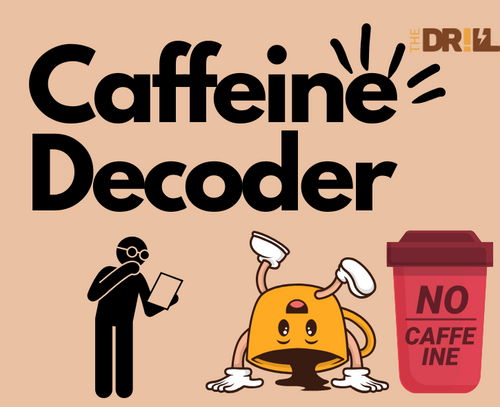
Caffeine and You: Finding the Sweet Spot for Your Day
...
-

Why Potato Chips Are Addictive: The Science Behind the Crunch
...
-
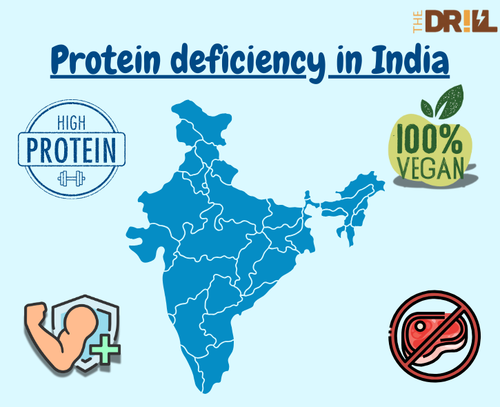
Why Protein Deficiency in India Is More Common Than You Think (And How to Fix It)
...
-

Health Benefits of Sea Buckthorn: The Superberry You Need in Your Diet
...
-

Cold Weather Hacks: How to Stay Healthy During a Mountain Trip
...
-

Top 10 Anti-Aging Foods to Keep You Young and Glowing – Bollywood Style
...
-

PUFA vs. MUFA: Which is Healthier?
...
-
Introducing Drill Lens: Your AI-Powered Food Rating Tool
...
-

Benefits of drinking sattu everyday
...
-

5 Surprising Health Benefits of Teff Grain for Indian Diets
...
-
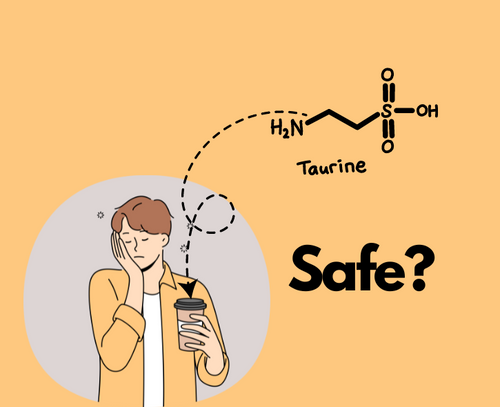
Can Taurine Cause Side Effects? Here’s What You Need to Know
...
-

What Are the Health Benefits of Lotus Seeds?
...
-

Health Benefits of Ragi for Vegetarians
...
-

How to Use Jackfruit as a Meat Substitute in Indian Cuisine
...
-

Is Defatted Soya Good for Muscle Gain?
...
-

Beginner's Guide to Adaptogens
...
-

The Impact of Glycemic Index on Cravings
...
-

What is Amino Spiking in Whey Protein? A Complete Guide
...
-
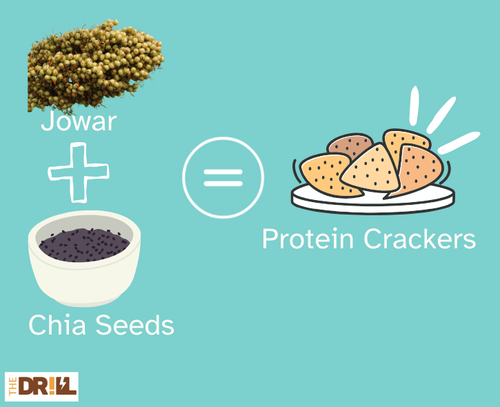
Jowar and Chia Seed Protein Crackers Recipe: A Gluten-Free, High-Protein Snack
...
-
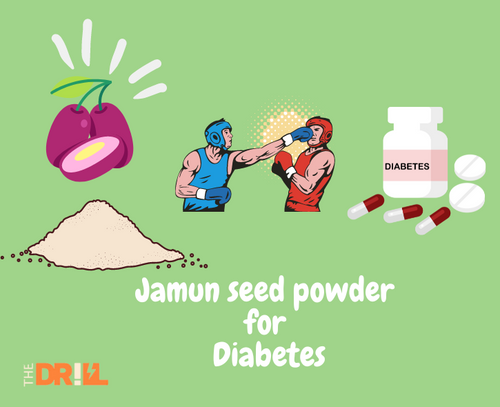
Jamun Seed Powder for Diabetes: Understanding the Benefits and How to Use It
...
-

Amaranth Superfood Benefits: Why You Should Add This Ancient Grain to Your Diet
...
-

What Is Fructooligosaccharides (FOS) and Why Should You Care?
...
-
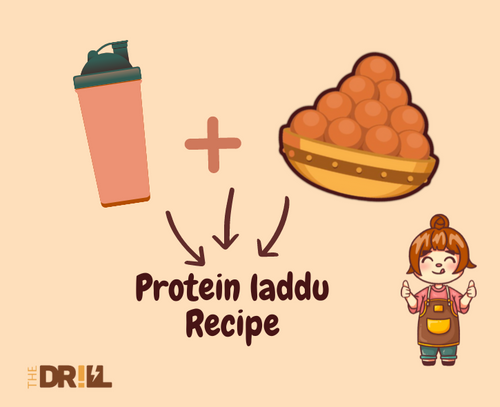
How to Make Protein Laddu at Home: A Nutritious Indian Snack
...
























